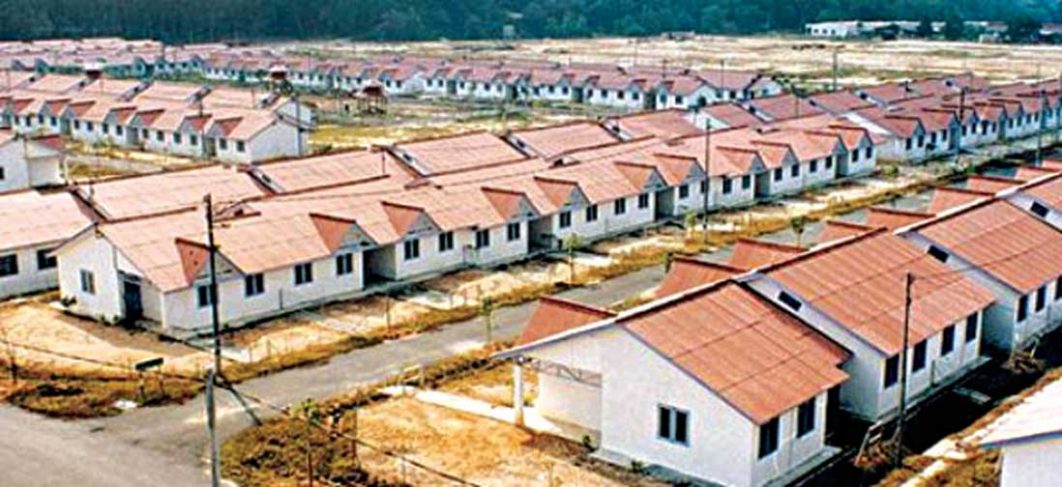Housing is one of the most important needs of man that comes next to food and clothing in that order. However, housing needs for low income earners in particular in Nigeria, has remained a mirage despite all the noise-making about affordable housing by the government at all levels.
The growing level of industrial and commercial activities in the urban centres has contributed to continuous drift in shortage of residential accommodation, as the existing supply of housing could not match the increasing level of demand, just as the rate of homelessness and high cost of rent is alarming. Government’s drive toward housing for all as contained in the National Housing Policy, which aims to provide affordable housing for all, has not been achieved so far, and no serious efforts are being made toward implementation as it continues to be an illusion and frustration to the larger population.
READ ALSO: FG Appeals Over Deregulation, Hope Rises for Infrastructure Funding
Nigeria’s efforts towards housing for all as contained in the National Housing Policy of 2002, which objective is to provide affordable housing, have so far remained mere rhetorics. This is because low-income earners mostly do not have enough for food, clothing, transportation and other family needs, and to meet these needs, it is impossible to save and buy or build a house because of financial restraints. Most of the low income earners hardly have bank accounts, hence are not even eligible for bank loans or mortgages. In most cases, they are not qualified for employer’s loans because their income is too low to meet the repayment obligations.
This failure has been partly attributed to the lack of political will and poor implementation of the policy, and it is unfortunate that from time to time, the federal government makes continuous discrete policies and programme to address housing problems in Nigeria, but there seems to be no review mechanism that reports on the performance of these policies.
Credit: Vanguard

Leave a comment



